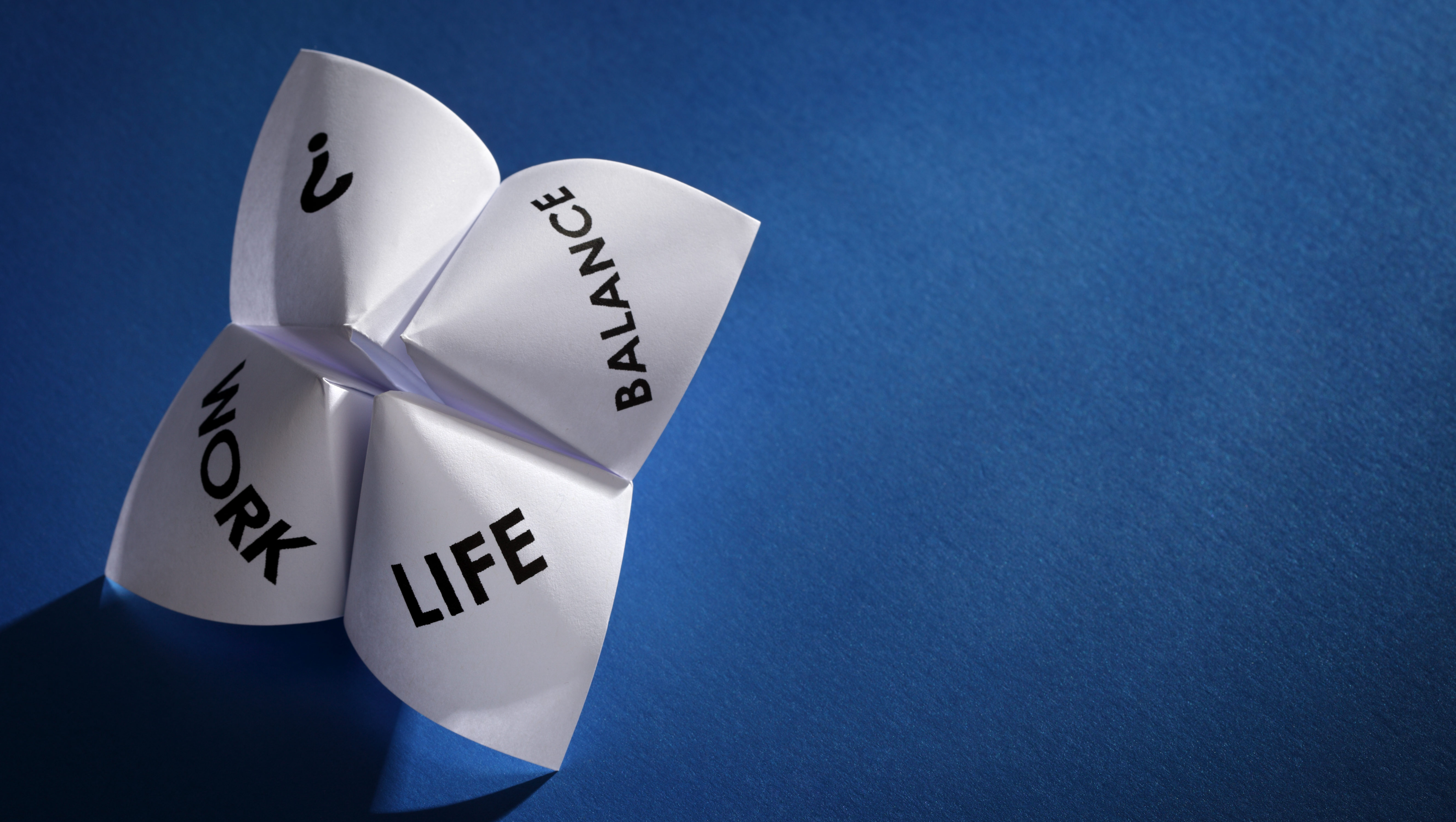How to make this year—and decade—different
Because you are a planner pro, you thrive on chaos, crisis management and to-do’s multiplying like a nuclear chain reaction. You love being in a profession that is only slightly less stressful than running into burning buildings. Or not always.
Chances are, at some time in your career, you considered finding something else to do. In a less demanding field. Becoming a librarian or something. And yet…and yet. Like the thrill junkie that you are, you also know not many other roles in life can offer so much satisfaction and pure joy when things go just right.
Thus, as we launch this new decade, your question becomes: How do I avoid planner burnout?
No one tracks statistics on how many planners experience burnout. Anecdotal evidence and common sense indicate that the numbers are fairly high. One such example is an anonymous planner on PlannersLounge.com, who recently shared this lament:
“There was a time when I was so burned out from my wedding planning career that I seriously thought about quitting. I had a few incredibly difficult clients, along with working on a few more weddings than I should have.”
What did she do? She took a short vacation and then returned to a few weeks of “easy office work.” It did the trick. “I found that I started feeling less overwhelmed and was actually enjoying my job again,” she says. “I also took the time to set boundaries for the future so that I didn’t end up in the same situation again. I decided never to work with anyone who gives me a headache or stomach ache. Life is just too short for that.”
Elizabeth Grace Sanders, a time management coach writing in The New York Times, advises, “The closer you are to living your truth, the less likely you are to burn out…And if you already feel burnt out, you can recover faster.”
By living your truth, she means for your body, personality and reality.
Your Body
It’s not rocket science, but we all can do this better. Prioritize “three universal core needs: sleeping, eating and moving,” in Sanders words.
Experts agree not getting enough—and good—sleep is a primary risk factor for burnout. Lots of solid advice is readily available for improving your zzz’s. “One strategy to motivate yourself to get to bed,” Sanders says, “is to remember just how bad it feels when you’re exhausted and then how good it feels when you’ve had enough rest.”
Better eating strategies can take many forms. These include choosing lighter, healthier (higher in protein) foods; eating smaller but more frequent meals; and never skipping meals. Not allowing yourself to be sedentary is proven to boost your sense of well-being and overall health. When you feel your shoulders tighten from stress, don’t sit and stew. If possible, get outside and take a quick, brisk walk.
Your Personality
We’re all different, but the goal is to choose activities during your workday that make you feel in your “natural state”—defined by Robert L. Bogue, co-author of Extinguish Burnout: A Practical Guide to Prevention and Recovery, as “the thing, place or feeling that would happen if there were no pressure on [you]—the thing [you] would want to do.” If cranking out RFPs or other paperwork is a dreaded task, hire someone you can oversee who loves detail work, or delegate to someone on your team who wants to learn and grow in the profession.
Your Reality
Researchers have identified six aspects of life that contribute to burnout, and workload is only one of them. The others are control, reward, community, fairness and values. What this suggests is that your job alone may not be to blame if you feel burned out. Or, to put it another way, it might do you good to seek life satisfaction—a shield against burnout symptoms—in ways that go beyond the next meeting or event you’re planning.
“For example,
with an organization where you feel appreciated, find the activities intrinsically rewarding, and have values alignment and a strong sense of community,” Sanders says.
Hopefully, you already know yourself well enough to recognize burnout symptoms and your breaking point. Even more importantly, that you have little doubt that planning is what you really, really want to do. Because it never gets easier. Let’s hope you can agree with entrepreneur Dan Price, who started a credit card processing business from his university dorm room at age 19.
“I think people who say it’s all about work-life balance are wrong,” he told The Young Entrepreneur Council. “I value finding passion and harmony in my work by being connected to and caring about my team and my customers, and making a big difference in their lives. I would burn out faster working five hours a day at a job that was hurting my soul than I would working 15 hours a day at a job that’s feeding my soul.”




